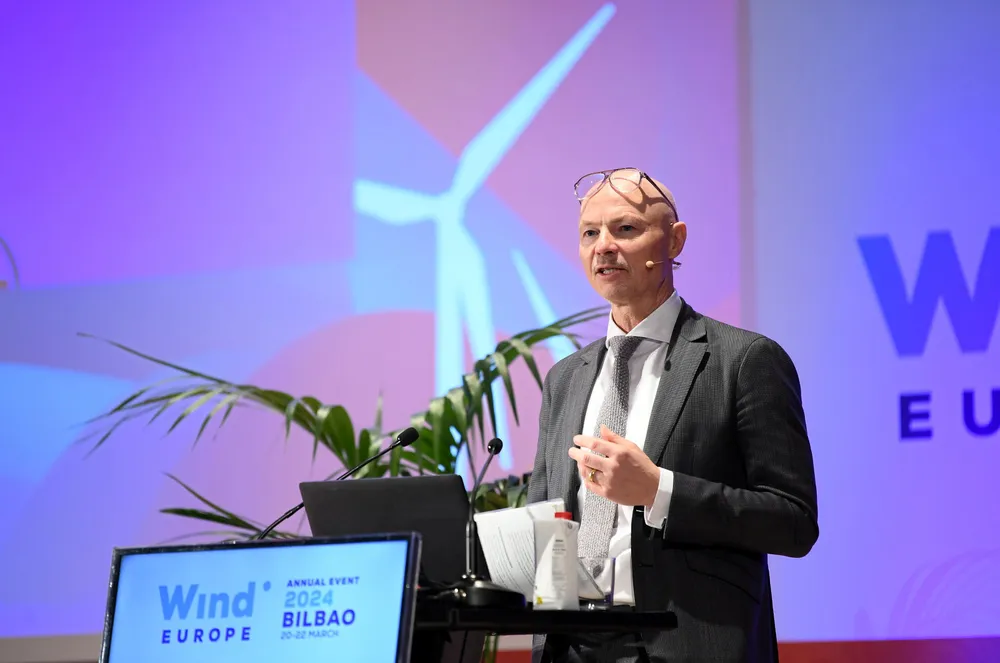Germany's latest Energiewende progress report: must do better on grids
Expert group commissioned by government reckons reaching 80% renewable power by 2030 is possible but requires speeding up of efforts

A government-commissioned monitoring report of Germany’s Energiewende – its transition from nuclear and fossil to renewable energy – has found advances in the production of green power, but sees the need for action in most other areas, in particular in the grid expansion for electricity and hydrogen.
Reaching the government’s target of an 80%-renewables share in electricity consumption by 2030 is “possible in principle”, the report said but added that this required rising efforts in the expansion of solar power, as well as onshore and offshore wind.
“A secure and affordable energy supply while at the same time achieving the climate protection targets in Germany by 2045 is not a sure-fire success," said the expert commission’s chairman Andreas Löschel, a professor for environmental and resources economics and sustainability at the Ruhr University in Bochum.
“Further efforts are needed, particularly in the development and expansion of the electricity and hydrogen networks and in creating the appropriate framework conditions for the energy transition."
The expert commission had been created in 2011 – the year Germany for a second time decided to exit nuclear power (in the wake of the Fukushima meltdown) – to monitor the progress of the Energiewende in Europe’s largest economy.
While doomsayers had predicted Germany would suffer from blackouts after switching off its last nuclear power stations in April last year, the country’s energy supply has been secure and stable, and despite a temporary extension of some coal-fired plants, emissions have gone down.
“The Commission confirms the new momentum in the expansion of renewable energies. Last year, 2023, for the first time, more than half of gross electricity consumption in Germany was covered by renewable energy sources,” said Philipp Nimmermann, state secretary in Germany’s economics and climate ministry.
“This trend is continuing: the share has now risen to well over 50% over the course of this year. At the same time, the quality and reliability of electricity and gas supplies in Germany are at a high level.
“There are no compromises here as a result of the restructuring of the energy system.”
Felix Matthes, research coordinator for energy and climate policy at the Institute for Applied Ecology in Berlin, stressed the expansion of renewables needs to speed up to manage the coal exit, while hydrogen-ready gas-fired power plants and the expansion of grids for electricity and hydrogen need to accelerate.
“This creates incentives to reduce the consumption of fossil fuels and promote the switch to renewable energies,” commission member Anke Weidlich said, professor of technology and energy distribution at the University of Freiburg.
“In particular, it promotes increased electrification, for example through heat pumps for heating buildings, electric cars in transport and new process technologies in industry."
(Copyright)